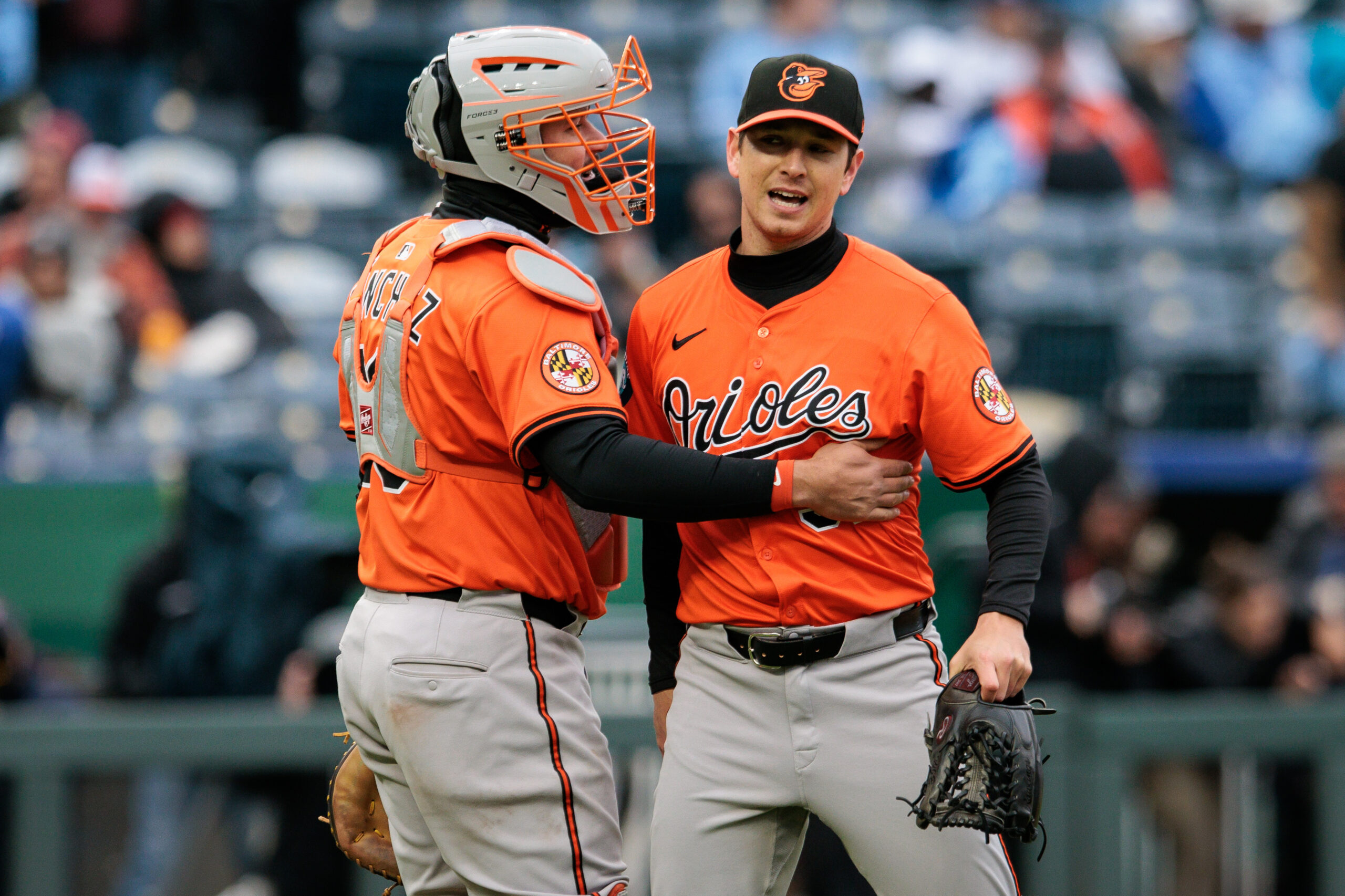In a recent development regarding the legalization of sports betting in Florida, the D.C. Circuit Court has denied a rehearing request, further complicating the state’s efforts to expand its gambling industry. This decision comes as a blow to proponents of sports betting in the Sunshine State, who were hoping for a favorable outcome to pave the way for a regulated market.
The case in question revolves around the interpretation of the Federal Wire Act, a law that prohibits the transmission of bets or wagers across state lines. In 2018, the U.S. Department of Justice (DOJ) issued an opinion stating that the Wire Act applied to all forms of online gambling, including sports betting. This opinion reversed a previous interpretation that limited the scope of the law to sports betting only.
Florida, like many other states, has been eager to capitalize on the potential revenue generated by legalizing sports betting. In 2018, voters approved a constitutional amendment that granted exclusive rights to authorize casino gambling to the state legislature. However, this amendment did not specifically mention sports betting, leaving room for interpretation.
Following the DOJ’s revised opinion on the Wire Act, Florida lawmakers sought clarification from the courts. The state’s legislature filed a lawsuit challenging the DOJ’s interpretation and arguing that it violated the Tenth Amendment, which grants states the authority to regulate their own affairs.
In June 2020, a three-judge panel from the D.C. Circuit Court ruled in favor of the DOJ’s interpretation of the Wire Act. The court held that the law applied to all forms of gambling, including sports betting. This decision cast doubt on Florida’s plans to legalize and regulate sports betting within its borders.
In response to this setback, Florida’s legislature requested a rehearing en banc, which would involve all active judges on the D.C. Circuit Court reviewing the case. However, on [date], the court denied this request, leaving the previous ruling intact.
The denial of the rehearing request is a significant setback for Florida’s sports betting aspirations. It means that the state will have to explore alternative avenues to achieve its goal of legalizing and regulating sports betting. One possible option is for the state legislature to pass a new law specifically authorizing sports betting, thereby circumventing the Wire Act’s potential limitations.
Another possibility is for Florida to join other states in challenging the DOJ’s interpretation of the Wire Act. Several states, including New Hampshire and New Jersey, have already filed lawsuits against the DOJ, arguing that its revised opinion exceeds its authority and infringes on states’ rights.
Regardless of the path chosen, it is clear that Florida’s journey towards legalizing sports betting has hit a roadblock. The denial of the rehearing request prolongs the uncertainty surrounding the future of sports betting in the state and leaves industry stakeholders in limbo.
In conclusion, the D.C. Circuit Court’s denial of a rehearing request regarding the interpretation of the Wire Act is a setback for Florida’s sports betting ambitions. The ruling reinforces the need for clarity on the federal level regarding the legality of sports betting and highlights the ongoing legal battles between states and the DOJ. As Florida continues to navigate this complex landscape, it remains to be seen how and when sports betting will become a reality in the Sunshine State.


